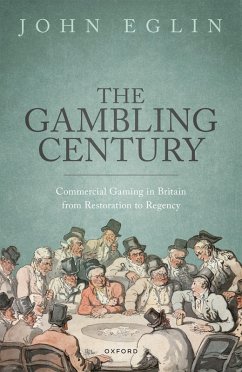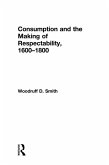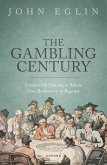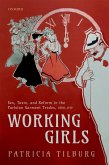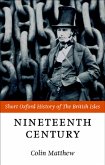Gambling captures as nothing else the drama of the ?long eighteenth century? between the age of religious wars and the age of revolutions. The society that was confronted with games of chance pursued as commercial ventures also came to grips with unprecedented social mobility, floated by new wealth from new sources that created fortunes from trade in sugar, cotton, ivory, silk, tea, or enslaved human beings. Likewise, play for money was prominent in the public imagination as money itself, deployed through an ever expanding and ever more sophisticated range of mechanisms, increasingly invaded public awareness, as when prospective spouses in period fiction were rated in terms of annual income as if they were municipal bonds. Similarly, the archetypal figure of the gambler captured the imagination of the public in fiction, media, and politics. At the same time, new interest in science, technology, engineering, and mathematics - encouraged and bankrolled by those in power - fostered a new and unprecedented appreciation for mathematical probability and its applications, opening the possibility that games of chance might be pursued as a profitable commercial venture. The Gambling Century focuses like no previous work on those who enabled, facilitated, and profited from gambling, as well as on efforts to regulate or outlaw it. Using extensive archival material as well as printed sources, it follows its subjects from the Court to the coffeehouse, to private clubs and ?at homes? in townhouses, all of which prefigure that quintessentially modern gambling space, the casino.
Dieser Download kann aus rechtlichen Gründen nur mit Rechnungsadresse in A, B, BG, CY, CZ, D, DK, EW, E, FIN, F, GR, HR, H, IRL, I, LT, L, LR, M, NL, PL, P, R, S, SLO, SK ausgeliefert werden.

